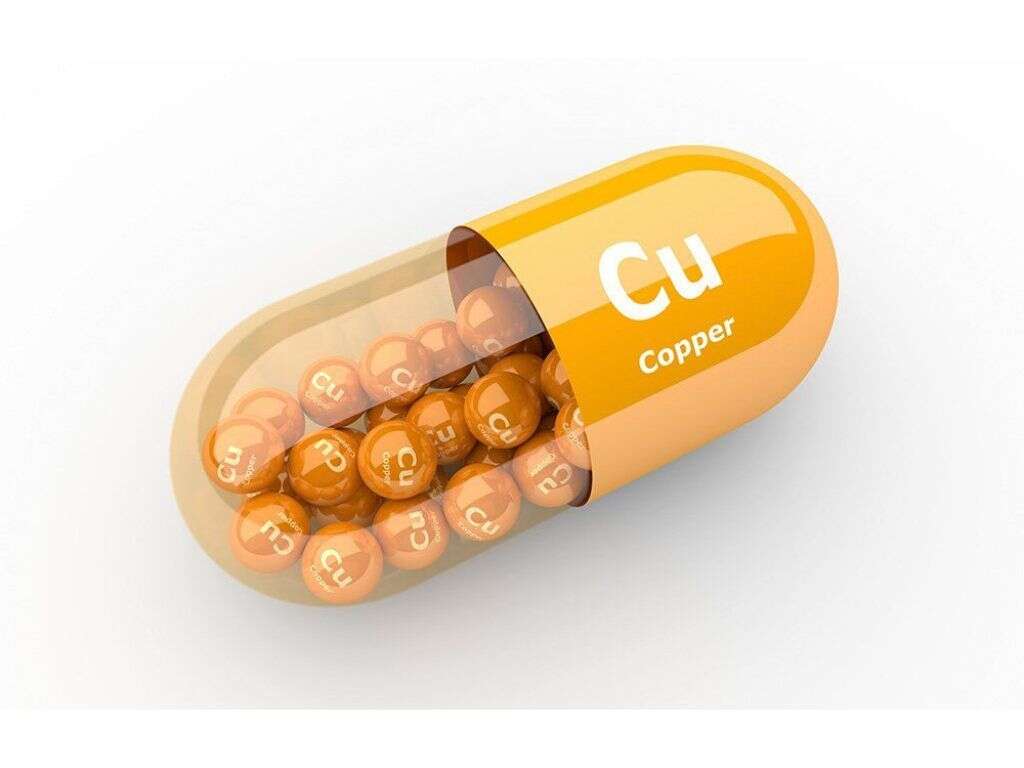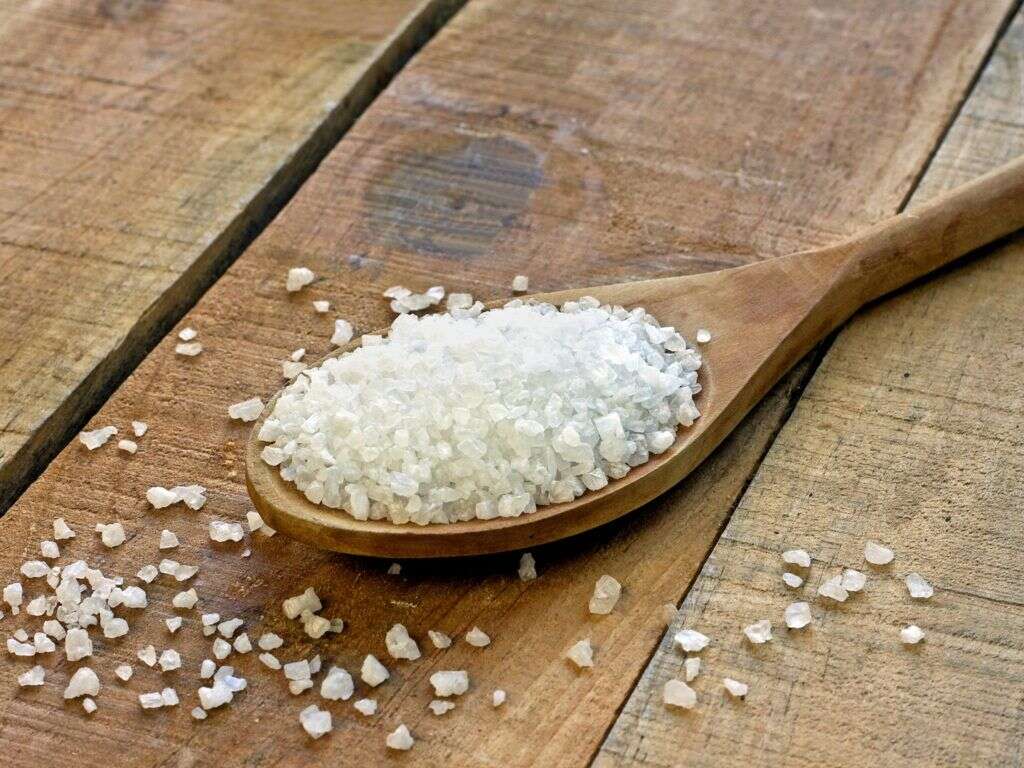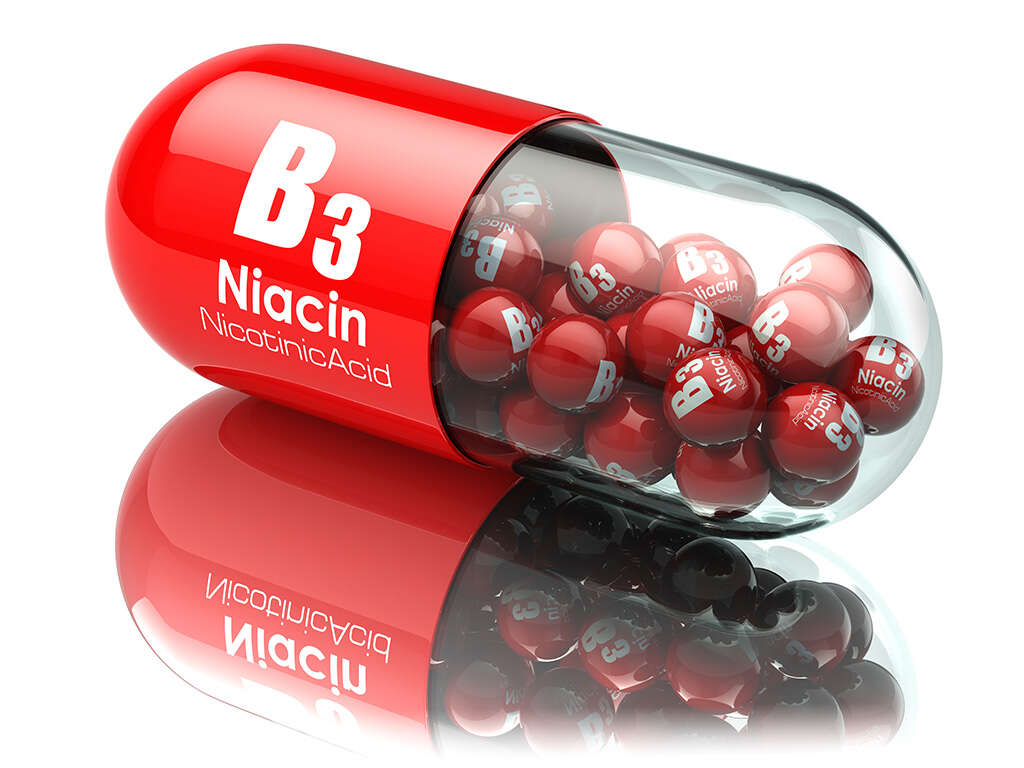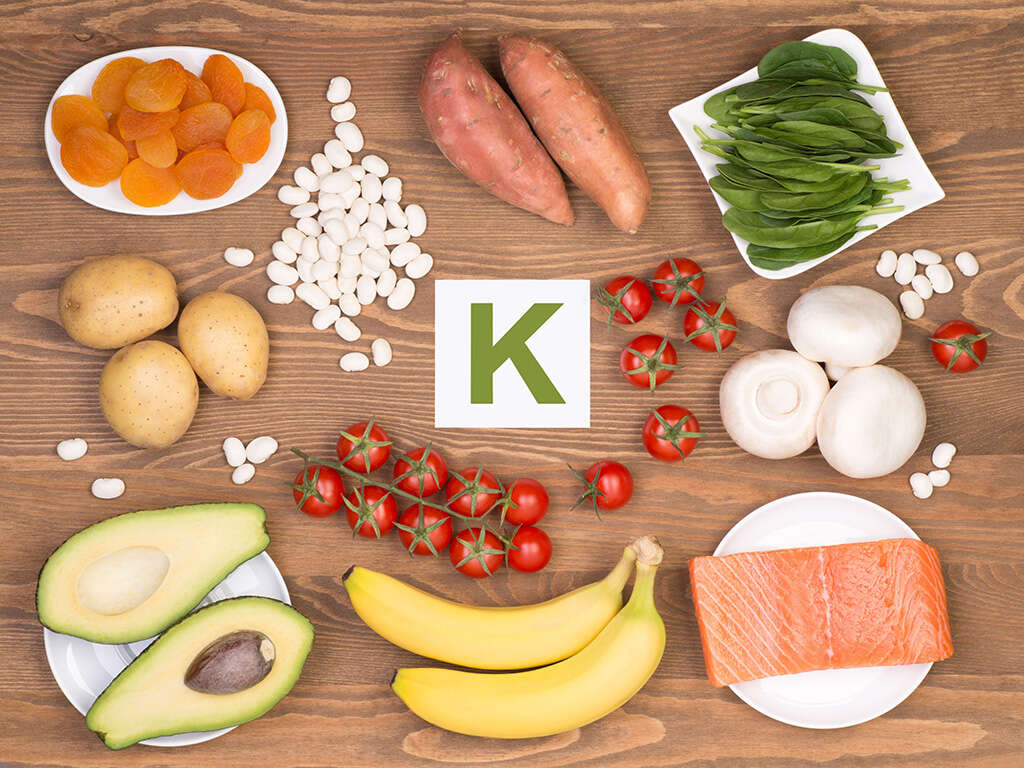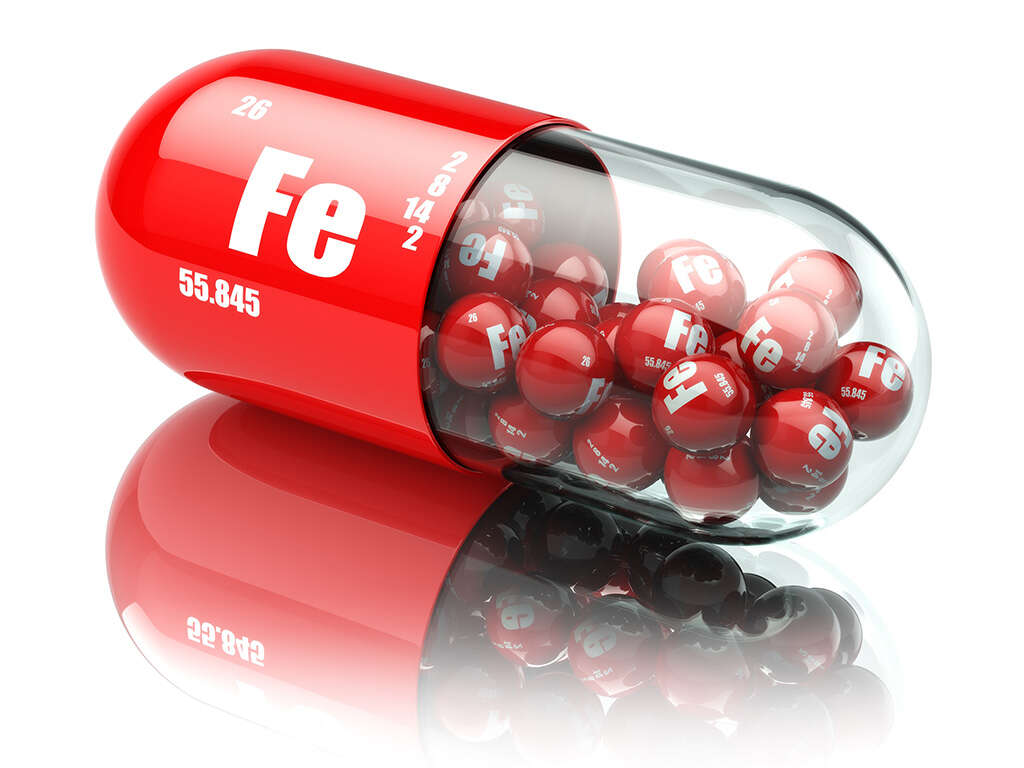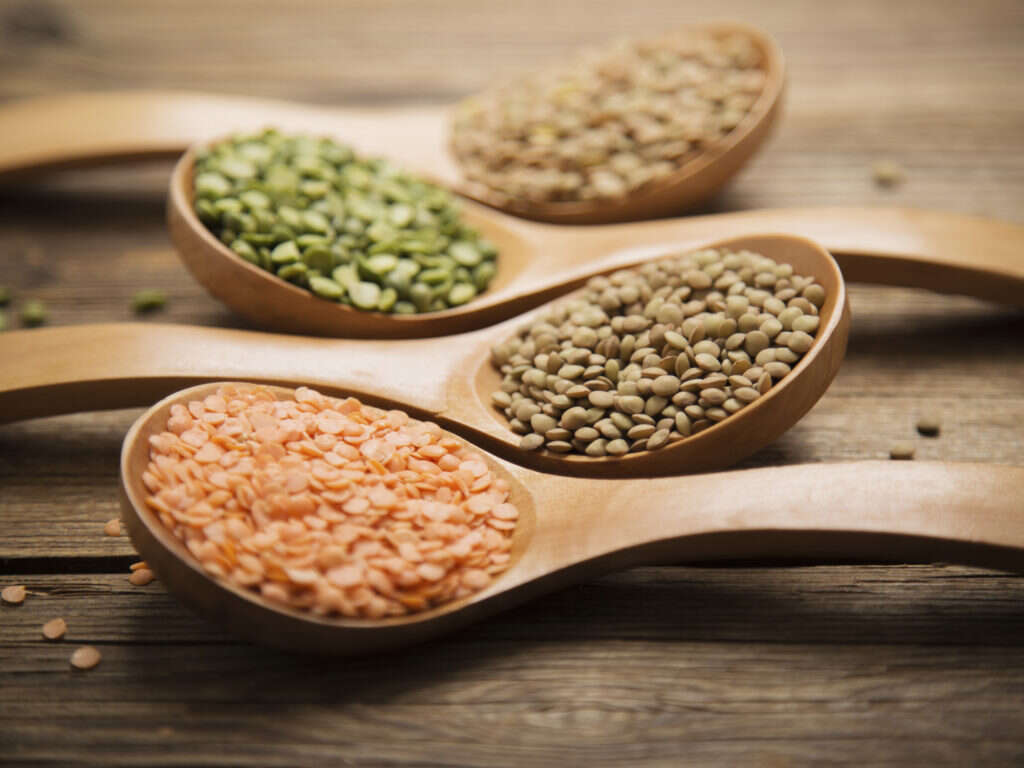10 Protein Deficiency Symptoms
Protein is the material of which tissues and organs of the body are built. It is the main component of muscles, the heart, and the skin, among other organs. It is for this reason that protein deficiency can have serious adverse effects.
Protein deficiency occurs when your protein intake is below your body’s requirements. Kwashiorkor is the most common sign of protein deficiency and is most common in children in developing countries because of their unbalanced diets.
Protein deficiency is a common problem that affects nearly one billion people around the world. This is the reason why it is important to know the most common protein deficiency symptoms. Below are the top 10 protein deficiency symptoms to be aware of.
Symptom #1: Loss of Muscle Mass
Muscles contain the highest amount of protein in the whole body. When protein intake severely decreases, the body must use the skeletal muscle reserves. This is why long-term protein deficiency leads to loss of muscle mass.
In adults, severe protein deficiency leads to muscle wasting, while in the elderly and the very young, moderate protein deficiency leads to serious muscle wasting. One study found that the lower the amount of protein taken by the elderly, the greater the loss of muscle mass. Also, there are studies suggesting that increased protein intake slows down the process of aging and muscle degeneration.
Symptom #2: Edema
Edema is one of the first symptoms of protein deficiency, especially kwashiorkor. Edema is the build-up of fluids in tissues, especially in legs and abdomen. Significant decrease in protein leads to a decrease in the level of serum albumin, which subsequently leads to edema.
Albumin is the major protein in blood and plasma. One of its functions is to keep the fluids within the bloodstream by maintaining oncotic pressure. Keeping the fluids within the blood prevents them from accumulating in any body part. When the albumin decreases, oncotic pressure decreases and the fluids escape from within the bloodstream and accumulate in tissues. This causes swelling or edema in the affected parts of the body.

Symptom #3: Easily Fractured Bones
While muscles are affected the most by a decrease in protein intake, bones are also affected by protein deficiency. Low protein exposes your bones to the dangers of fracturing easily due to increased weakness.
A study carried out on postmenopausal women found that increasing protein intake decreases the risk of having hip fractures. Eating animal-sourced protein is very important to postmenopausal women. Another study found that taking protein supplements helps postmenopausal women with hip fractures to slow bone loss and increase the rate of bone recovery. It is worth to note that recent research has found that protein and calcium work interactively to maintain healthy muscle and bone mass.
Symptom #4: Inhibited Growth
Protein is not only essential for the maintenance of muscles and bones but also for the growth of the whole body. That is why protein deficiency is a disaster when it comes to kids. Because kids are undergoing rapid growth, their bodies require a constant supply of protein. Protein deficiency can slow down growth.
Inhibition of growth is one of the most common symptoms of protein malnutrition in children. Stunted growth is a very common problem that affects close to 160 million children according to a survey carried out in 2013. Many studies also associate protein deficiency and low protein intake with impairment of growth. Stunted growth is one of the primary signs of kwashiorkor.

Symptom #5: Fatty Liver
Another common symptom of protein deficiency is the accumulation of fat in the liver, also known as fatty liver. When protein deficiency is left untreated, the fatty liver condition worsens. At first, the liver becomes inflamed, after which scarring occurs. The condition may advance into liver cirrhosis and subsequently to liver failure if it remains untreated.
Fatty liver is already a common condition in people suffering from obesity and alcoholism. The reason why it happens in protein deficiency is unclear. However, some studies suggest that this happens due to the impaired synthesis of lipoproteins, which are responsible for transportation of fats in the body.
Symptom #6: Skin and Hair Problems
If you checked the ingredients of any skin and hair products, you will find that they are rich in proteins to make skin and hair healthier and shinier. Proteins participate in the formation of hair, nails, and skin. This is why protein deficiency leads to skin and hair problems.
Children suffering from kwashiorkor have many skin symptoms including redness, spots of depigmentation, and splitting skin. Also, alopecia, hair greying, hair thinning, and brittle nails are additional symptoms of protein deficiency. These symptoms indicate that protein deficiency is severe and usually appear when the condition is left untreated for extended period of time.

Symptom #7: Frequent Infections
Protein deficiency has serious effects on the immune system. When the immune system becomes impaired, it leads to severe health problems including increasing the severity and frequency of infections because the immune system is unable to fight infections and the disease-causing microorganisms.
In an interesting study, scientists fed mice a low-protein diet for a while. They found that the severity of diseases such as influenza increased significantly. When they increased the amount of protein in the diet of mice, the severity of infections decreased. Another study carried out in a group of women showed that decreasing protein intake leads to a significant reduction in the immune response.
Symptom #8: Increased Appetite
Poor appetite is one of the symptoms of severe protein deficiency. However, when the case is mild to moderate, increased appetite becomes a symptom. Following a low-protein diet weakens your body and makes it uncomfortable. That is why it increases your appetite to make you eat more so that your protein intake increases.
Eating high-protein foods solves the problem. However, modern life is full of high-calorie foods. These types of foods contain a certain amount of protein. However, the amount of calories is a lot higher compared to protein. This is why low-protein intake causes problems like weight gain and obesity in modern societies.

Symptom #9: Moodiness and Brain Fog
Proteins are made of amino acids; the same as neurotransmitters, which control moods. Proteins are essential for the synthesis of dopamine and serotonin. These hormones are responsible for good moods. The opposite is also true. Low-protein intake leads to bad moods.
Protein is also an essential component for many brain functions including concentration and memory. This is why things like low concentration, brain fog, lack of excitement, and learning difficulty are signs of neurotransmitter problems. Studies show that following a balanced diet that provides the body with its requirements of proteins is essential for boosting brain functions and subsequently for general performance.
Symptom #10: Poor Immunity
Proteins have many other functions in the body including providing support for the immune system so that it can protect the body from infection and fight illnesses when they occur. A major component of immunity is associated with the circulatory system. Blood cells have a high level of proteins and are extremely important in maintaining good health.
White blood cells are especially responsible for fighting disease-causing microorganisms. There are different types of white blood cells or lymphocytes for different protective functions. B-lymphocytes produce antibodies from proteins. T-lymphocytes, on the other hand, produce cytokines also from proteins. Antibodies and cytokines are responsible for killing invaders.



